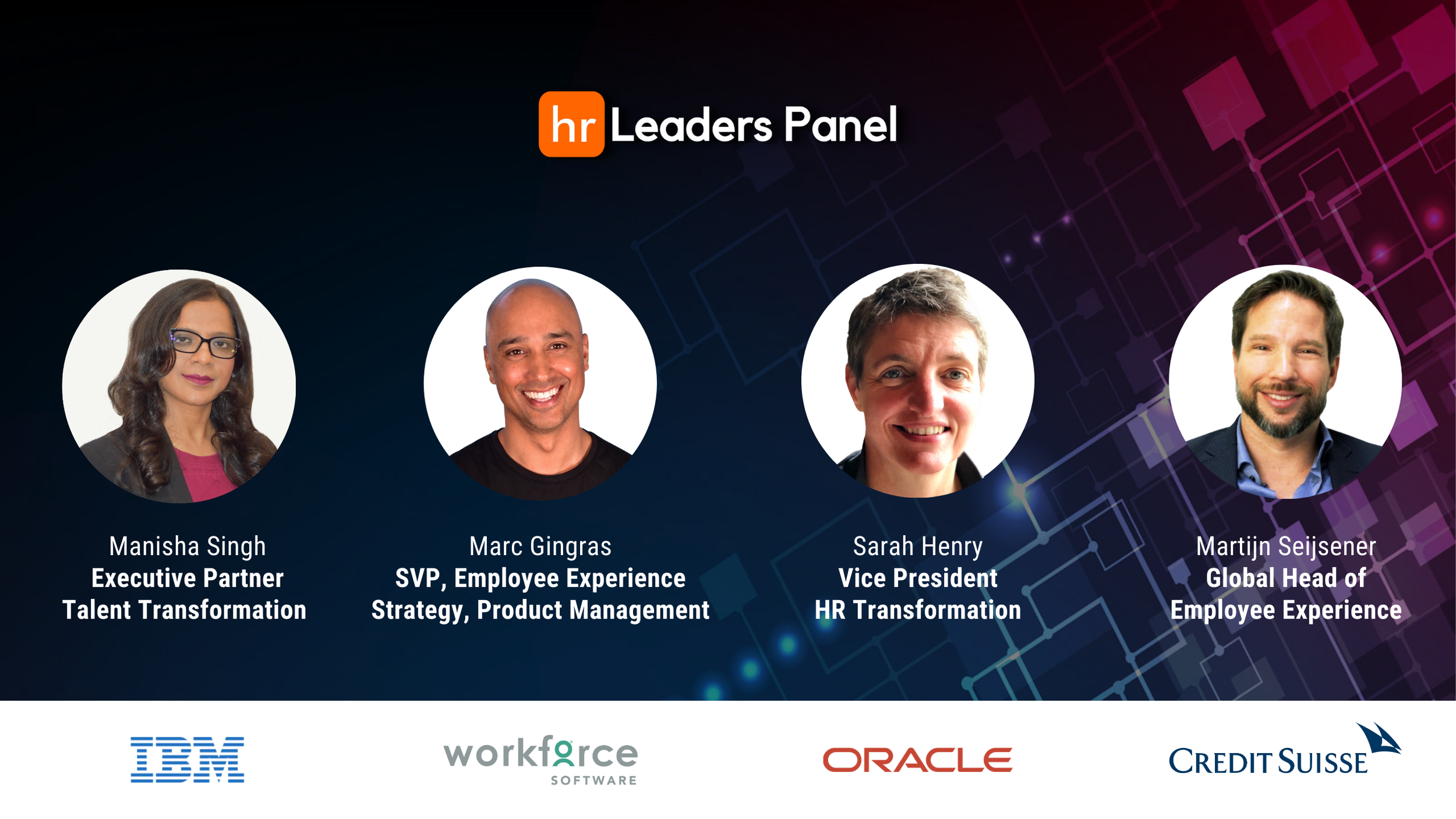How Technology is Redefining the Employee Experience in a Hybrid and Deskless World
How Technology is Redefining the Employee Experience in a Hybrid and Deskless World
As hybrid work becomes more prevalent, and employees become less physically centralised, there is a greater need for employers to reevaluate the return to the office full time.
Leaders are scratching their heads over how to make hybrid work, work, and big questions loom. The challenge ahead for every organisation is to meet employees’ expectations head-on whilst balancing business outcomes in an unpredictable economy.
As this trend persists, the technology experiences that employers provide will define the employee experience — technology and workplace tools are, for all intents and purposes, the new workplace.
Discussion points
How can HR gain the necessary leadership buy in and budget approval when investing in the Employee Experience?
What role does technology play in creating a digital employee experience that’s cohesive with the physical workplace experience and brings the workforce together in a meaningful way?
How can we meaningfully communicate, collaborate, and connect in a hybrid (or remote) environment by harnessing the power of technology?
How companies are increasing investment in technology to manage mobile work for deskless shift workers
Panelists:
Manisha Singh, Partner Talent Transformation at IBM
Marc Gingras, Senior Vice President, Employee Experience Strategy, Product Management at WorkForce Software
Sarah Henry, Vice President HR Transformation at Oracle
Martijn Seijsener, Global Head of Employee Experience at Credit Suisse
Be sure to follow HR Leaders on Crowdcast, so you don't miss out on our upcoming events.
Enterprises are seeking to use workforce management platforms to optimise their teams to achieve their business objectives. This different approach, influenced by the pandemic’s effects on business, aims to give workers a better channel of communication with management, team members and other colleagues throughout their business.
This removes many traditional obstacles that would complicate gathering feedback, asking for help and building relationships. The product of these new methods allows for greater collaboration, personalised approaches to scheduling and employees having their voices heard.






The Chief People Officer's Role in Enterprise AI Transformation